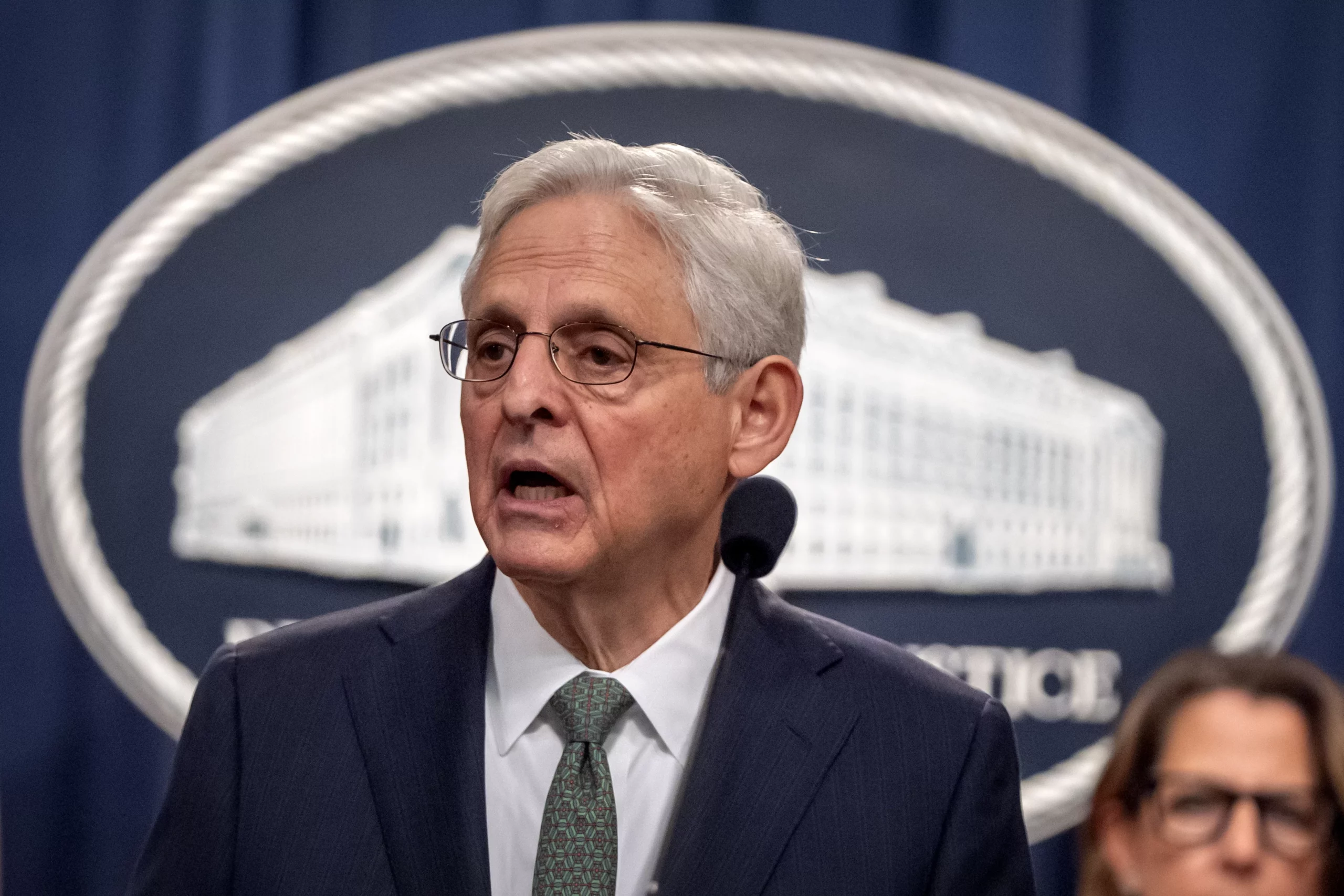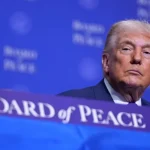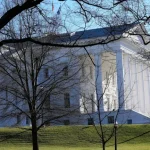

Attorney General Merrick Garland cited that the platform is a threat to national security because of its close ties to China.
“TikTok’s collection of reams of sensitive data 2 about 170 million Americans and their contacts makes it a powerful tool for espionage, and TikTok’s role as a key channel of communication makes it a potent weapon for covert influence operations,” Garland said in a brief published Friday.
TRUMP CABINET PICKS: WHO’S BEEN TAPPED TO SERVE IN THE PRESIDENT-ELECT’S ADMINISTRATION
The company has refused to separate from its Chinese parent company, ByteDance, and has challenged its ban at several turns. Congress passed a bill earlier this year requiring ByteDance to sell its share in the company or face a nationwide ban.
“So long as TikTok remains subject to the [People’s Republic of China’s] control, the PRC could use those weapons against the United States at any time — for example, at a pivotal moment during a crisis,” the attorney general wrote.
Trump attempted to pull the country back from the brink with a plea to the Supreme Court asking them to delay a ban in order for him to figure out a “political resolution” once he takes office Jan. 20.
The court is set to hear oral arguments Jan. 10 regarding the company’s bid to invalidate the ban. “Fear-mongering about national security cannot obscure the threat that the Act itself poses to all Americans,” TikTok wrote in its Supreme Court appeal.
The primary argument for pro-TikTok advocates is that a ban of the app would violate the First Amendment. Sens. Ed Markey (D-MA), Rand Paul (R-KY) and Rep. Ro Khanna (D-CA) have backed that claim.
The DOJ disagrees.
CLICK HERE TO READ MORE FROM THE WASHINGTON EXAMINER
“That divestiture requirement is entirely consistent with the First Amendment and with our Nation’s tradition of barring or restricting foreign control of communications channels and other critical infrastructure,” Garland wrote. “In arguing otherwise, petitioners portray the Act as an effort to suppress disfavored views.”
“But nothing in the Act would prevent a post-divestiture TikTok from presenting exactly the same content in exactly the same manner,” he continued. “The Act targets control by a foreign adversary, not protected speech.”





